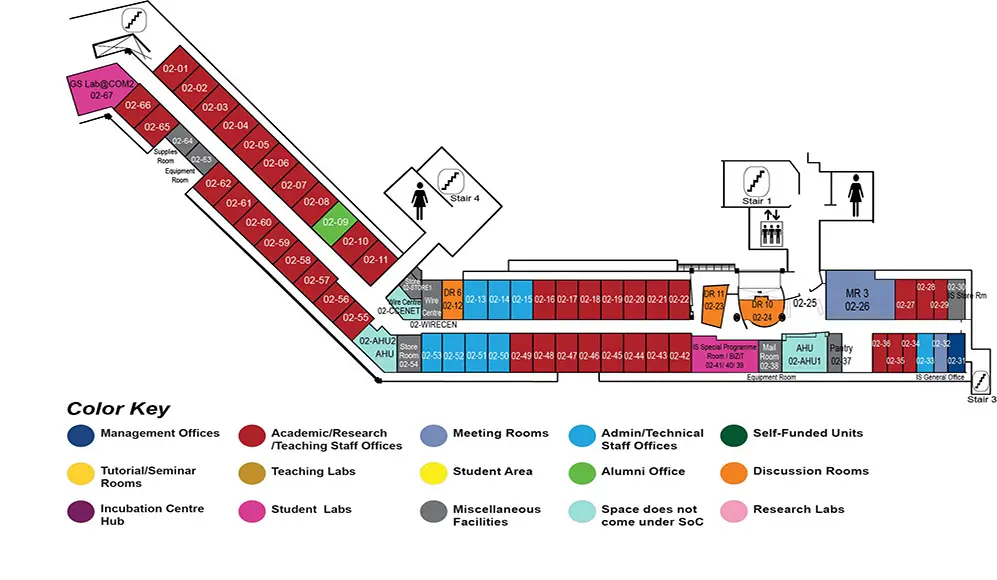Decision Models for Context-Aware IoT Applications
COM2 Level 2
MR3, COM2-02-26

Abstract:
Interrelated advances in data commutation networks, sensor networks, distributed systems and mobile computing are rapidly altering the domain of the Internet of Things (IoT). Today, there are powerful IoT sensors, mobiles devices, embedded systems and mobile apps operating across a broad range of everyday environments as a part of the IoT ecosystem. As a result, users are surrounded by many useful IoT services in everyday settings. Above advances are essential foundations for creating IoT ecosystems capable of dynamically integrating environmental capabilities and accommodating changing user requirements. Towards this end, context-awareness has emerged as an important design approach for mediating the integration of IoT service components at runtime. However, while many everyday environments present unprecedented opportunities for adaptive systems, current context-aware reasoning approaches and decision models used in IoT applications remain consigned to small-scale deployments existing primarily within a few functionalities. As a result, many potentially useful IoT services are hidden to users.
The recent advances in artificial intelligence techniques can be used to make autonomous context-aware decisions in large-scale non-stationary environments such as the IoT by accommodating context-modeling, online learning, and reinforcement learning. Moreover, existing AI techniques provide means to find hidden user preference and behavior models in the IoT ecosystem based on the user's context and interactions with the IoT systems. However, despite the emergence of a vast amount of contextually-relevant IoT content and services in our everyday environments, many IoT applications have found it difficult to exploit these techniques for context-reasoning and decision making.
This thesis focuses on the context-aware recommendation and ranking problems often encountered in the IoT ecosystem. We capture the user preferences and contextual relevance in highly dynamic, non-stationary IoT ecosystems using AI techniques, particularly multi-armed bandits -- a versatile AI technique for sequential decision making. AI techniques provide means for context-reasoning in large-scale IoT applications. Unlike existing approaches, our work addresses the key challenges facing non-stationary IoT ecosystems, where new IoT services often get added to the ecosystem, and users use smartphones to interact with the IoT. More importantly, we aim to capture the changing user preferences in varying contexts for recommendations in the IoT ecosystem. We present several algorithmic approaches to facilitate the in-situ discovery of IoT services, which are previously unknown to users. Our extensive experimentation confirms the effectiveness of using multi-armed bandit based solutions as decision models for context-aware IoT applications. As a result, we build efficient context-reasoning and decision models that enable dynamic context-aware adaptation in IoT applications with less user/domain-expert intervention.

